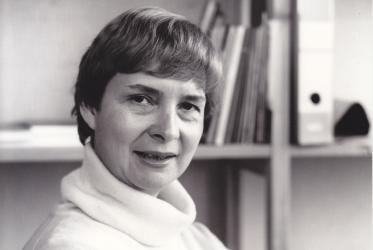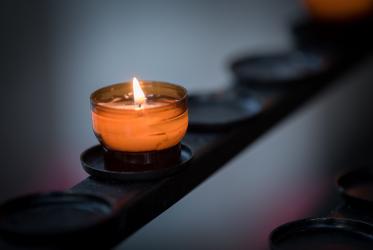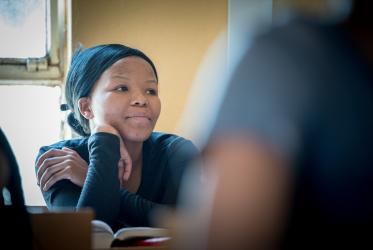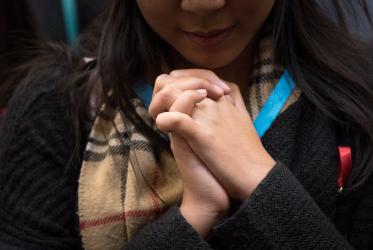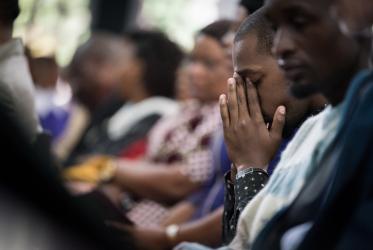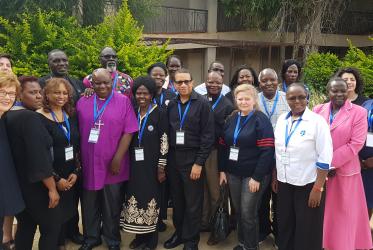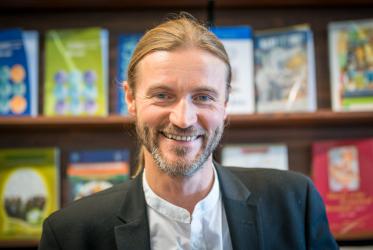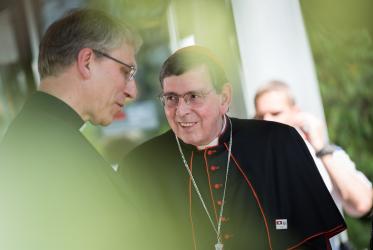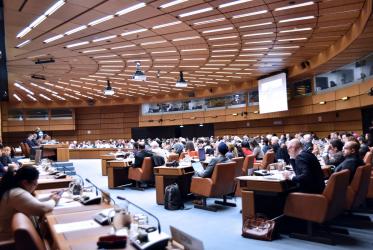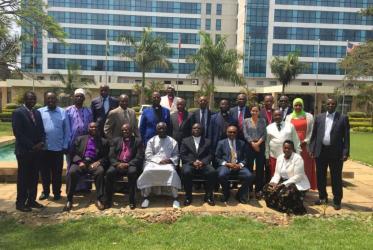Displaying 1 - 20 of 33
African Churches mark International Women’s Day
09 March 2021
WCC condemns recent extremist attacks around the world
03 November 2020
Listening together to the pain of violent spaces
28 February 2020
WCC remembers lost colleagues
24 May 2019
WCC mourns lost staff member in Ethiopian Airlines crash
11 March 2019
Christian communicators work to counter hate speech against refugees
10 December 2018
Turning plans into action to prevent incitement to violence
14 February 2018
African women embark on pilgrimage in Burundi
29 November 2017
Religious leaders explore message of peace in Burundi, DRC
23 February 2017

